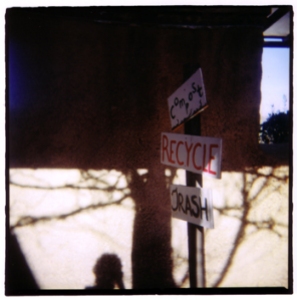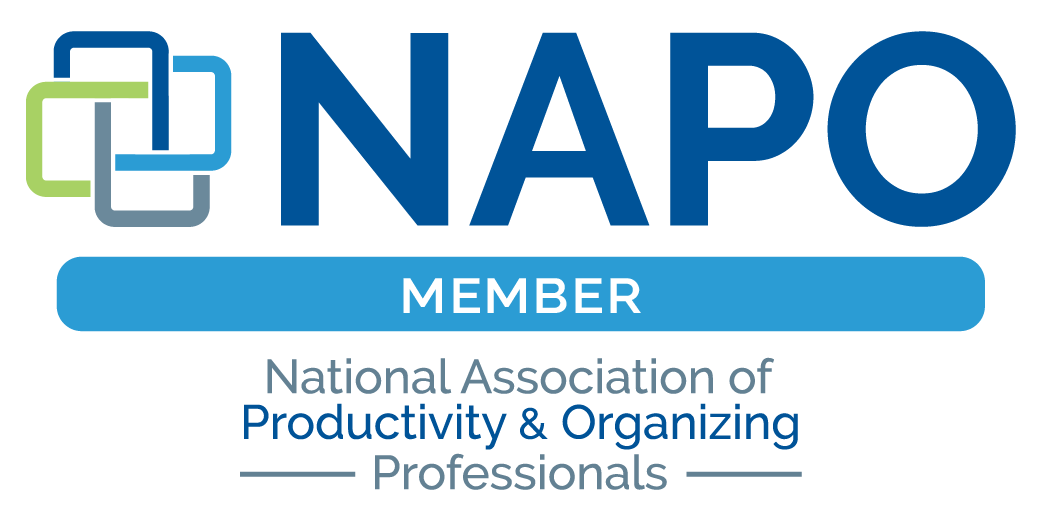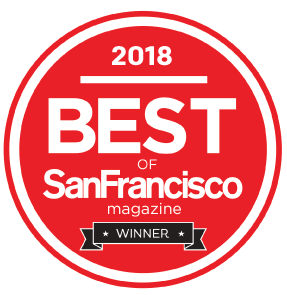 A famous amphibial puppet speaking of the color of his felt famously sang, “It’s not easy bein’ green; It seems you blend in with so many other ordinary things.” “Green” has seeped into so many things – far too many – that the word has been overused to the point of being meaningless. This is precisely why, two years ago, a group of professional organizers decided to redefine their specialty from green organizing to the more ecologically- and holistically-infused environmentally-conscious organizing.
A famous amphibial puppet speaking of the color of his felt famously sang, “It’s not easy bein’ green; It seems you blend in with so many other ordinary things.” “Green” has seeped into so many things – far too many – that the word has been overused to the point of being meaningless. This is precisely why, two years ago, a group of professional organizers decided to redefine their specialty from green organizing to the more ecologically- and holistically-infused environmentally-conscious organizing.
Steeped in the traditions of voluntary simplicity and sustainable living, this work stems from the values and ethics associated with helping others adapt simple lifestyle changes that support them wherever they are on the environmentally-conscious path. It’s about building awareness and engaging in dialogues to guide clients to a place where they can observe and effect change in the choices they are making each and every day.
Most of us are already working to reduce, reuse and recycle whenever possible, and environmentally-conscious organizers encourage these practices and more. What will create more impactful and lasting change is exceeding these foundational R’s and allowing ourselves to go deeper.
Take, for example, the multi-faceted practice of reducing. Choosing the path of less packaging, reduces the need to recycle or throw away resources. This is especially powerful when you consider that 25% of landfill contents in the U.S. is product packaging. By reducing consumption of single-use disposable plastics (i.e. packaged and bottled water), we reduce the need for more fossil fuels while reducing the risk to ecosystems from oil drilling and transport of these resources. Reducing the need to store cases of plastic bottles creates more physical space while having the added health benefit of reducing your family’s exposure to bisphenol-A (BPA), an endocrine disruptor found in certain plastics. The effects of our choices can be cascading.
When we begin to make time and allow ourselves to rethink our choices, refuse what we don’t need, repair what needs fixing, and let food waste rot into nutritious compost, we’re moving closer to what’s most important in our lives. That’s often the end goal of organizing for many of our clients: creating the time and space to do what matters most.
Each of us has the power, through small acts each day, to make ripples of change in the places where we will see and feel those shifts most directly – in our homes and communities. As Kendra Pierre-Louis wrote in her book, Green Washed, Why We Can’t Buy Our Way to a Green Planet, “…consciousness is a starting point, not an end point.” As we stand on the precipice of Earth Day 2014 (April 22), where are you going to start? Hint: It takes one small step.
~~~~~
This piece was originally written for and posted on NAPO’s Get Organized Blog.
~~~~~





